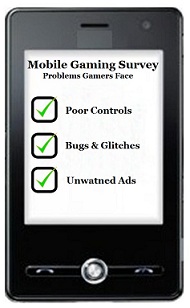German Maestro revealed its latest support for retailers through in-store mobile marketing.
German Maestro, a company that specializes in audio technology such as speakers and headphones, unveiled its latest consumer experience enhancement at CES, when it announced its latest program for helping to educate customers through QR codes located on product displays.
This is a continuation of last year’s “Ask Me” program which empowered retailers to educate consumers.
The Ask Me program was created to provide the sales reps at the retail locations with an improved capability for educating consumers who are interested in the brand or products, or who have questions that need to be answered in order to make a purchasing decision. The success of that program has encouraged the company to extend it with the assistance of consumer smartphones.
This year, German Maestro revealed that it would be using QR codes that lead to videos, as well.
The president of the company, Ray Windsor, explained that German Maestro is hoping that the consumer will be able to experience the brand in an enhanced and interesting way right from the moment that he or she enters the store, even if the sales rep has not yet had the opportunity to reach the point where that individual happens to be standing.
According to that company, the answer they were seeking was in the smartphones that those consumers carried, in combination with QR codes that could be strategically positioned within the stores. This allows the brand to combine the mobile and in-store experience for an improved overall experience for the customer.
The QR codes are positioned on the product displays for German Maestro products within the retail stores. Therefore, regardless of whether or not a representative from the retailer has reached the consumer in order to assist him or her, additional information about the brand and the specific product is available.
When a customer uses a smartphone to scan the QR codes for the products, they will be automatically directed to a 90 second video that will provide general information about the brand as a whole, as well as its partners. Once that is complete, it will bring the customer to the brand’s website, on a page that provides information about the specific product that has captured the attention of the shopper.
According to Windsor, what the company is aiming to achieve through the use of the QR codes is to “try to herd the consumers into the brick and mortar guys, because that’s where the value add comes, we believe, in delivering our brand to market.”

 Survey highlights the issues that gamers have with mobile gaming
Survey highlights the issues that gamers have with mobile gaming